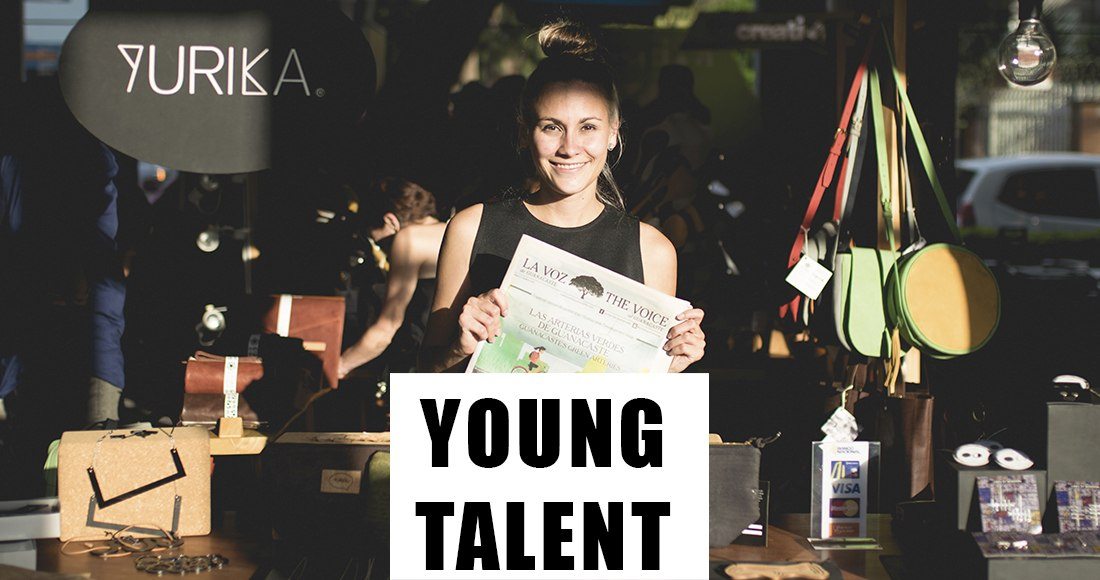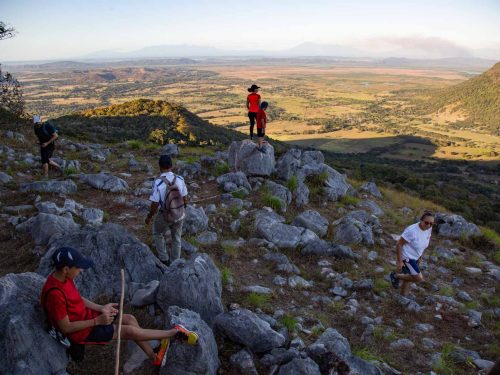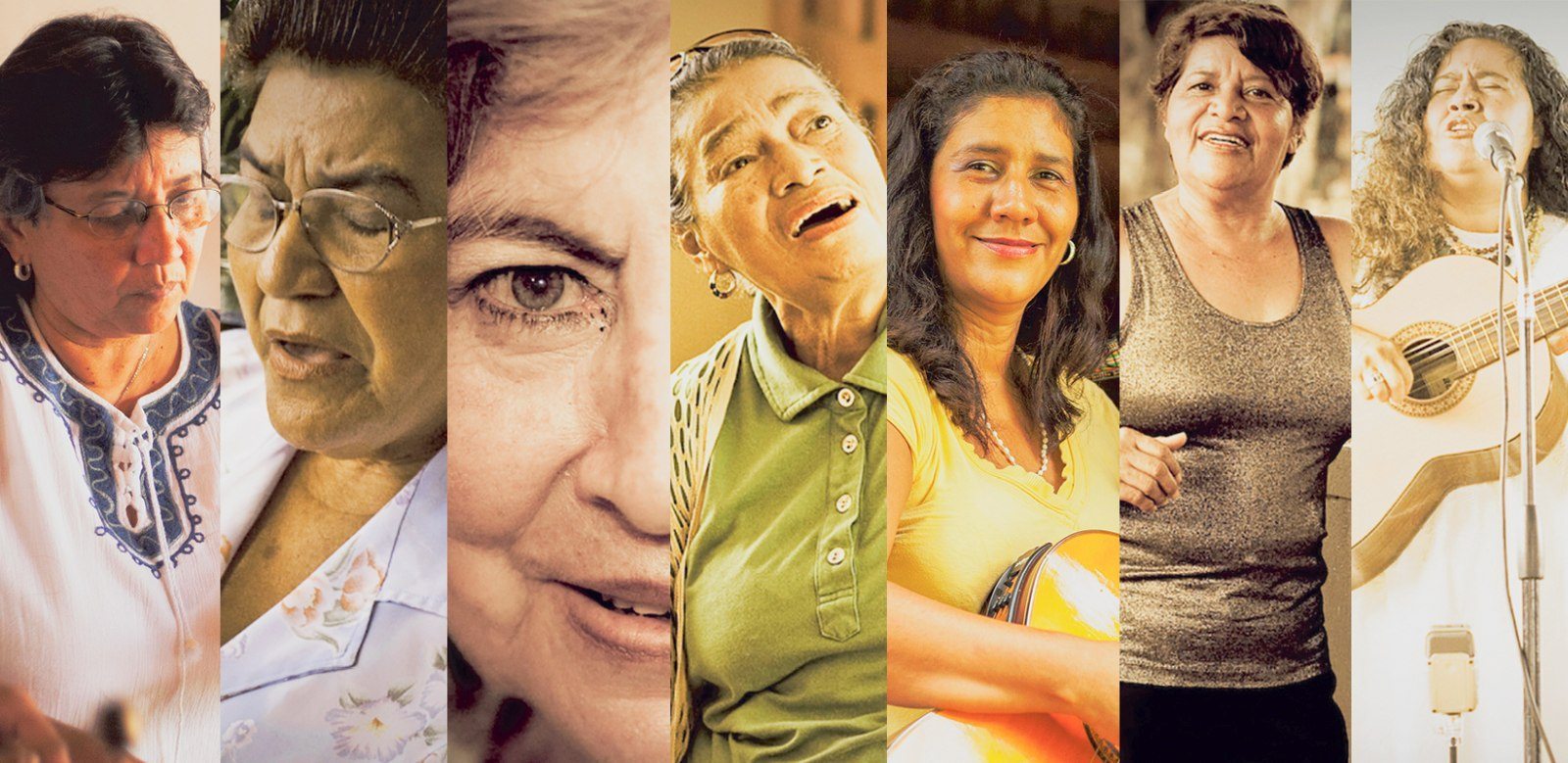
The architect Kimberly Yurika had an unusual hobby in high school: she liked to ride her bike around Tilarán in search of nice homes. When she found one she would sit, notebook in hand, and sketch the facade and imagine how the house was laid out, who lived there, and even what color the walls were.
This notebook, which she still has, contains the blueprint for a veterinary clinic she was going to build because her first love was veterinary medicine and not design.
Today this 26-year-old has a brand that carries her last name, Yurika, under which she designs art using cork. She also has an architecture, design, product design, and creative direction studio.
How did you begin this journey?
Halfway through my degree I started working at an architecture studio that made models out of cork. They had a bunch of material stored away, but at that time they weren’t making any project models; all the models were digital. One day they decided to get rid of the material. I didn’t let them, and I brought it all home. I didn’t know for what, but I liked it enough that I wanted to use it. Once I graduated from university I started working with a laser cutter. Through playing with that I decided to make accessories. It was inspiration. That’s how it all played out. When I was in Barcelona (getting my master’s) I discovered cork textiles and I decided that I wanted to use that, too.
How have your products evolved?
Now I use more materials. I still use cork but my purses are completely made of wood. The handles are from cedar trees blown over by the wind in a farm in Tilarán, and I use the material. After experimenting with metalsmithing I also use silver, which I like. I like using raw materials. I love black so I use black leather. I like natural-colored wood and silver in its crudest form possible.
Is it only you at Yurika?
In Yurika the studio, there’s another architect. At the brand, I create the designs and my mother makes the purses; she’s an expert with thread and fabric. On other pieces I’m the one who designs, crafts, and sees the product through from idea to production. But the truth is that it’s the entire family: my father and brothers have supported me since the beginning. They’ve been involved in everything, at all the shows and in all that I’ve done. I’m the mind behind Yurika, but my whole family is part of it.
What’s your relationship with Tilarán like?
Tilarán is my town, my home. It was really hard for me to get used to San José. When I came to study architecture, I returned to Tilarán every weekend. I don’t know how I did it: I made the round trip with my architecture models on the bus. My life in Guanacaste has everything to do with who I am as a designer. In fact, my classmates from university would ask me where I got my ideas and how I got inspired, and I told them that it happened on the route to Tilarán.
If you ask anyone from Tilarán who doesn’t currently live there, the journey to Tilarán is full of hopeful anticipation, excitement of returning home, and the marvelous, ever-changing landscape that goes from leaving the Central Valley. The scenery changes, you see how it gets drier and you feel the heat of Puntarenas. Then you start up the mountain, which is a spectacle, there’s so much wind you have to wear a jacket. This change in weather and scenery continues to be my inspiration.
What do you recommend to young people in Tilarán so that they might begin their own projects?
Set big goals. Don’t believe negative comments that you hear around town. Make reachable short-term goals, but make the end goal quite ambitious so that your dream doesn’t end quickly.
They always say that we’re like a small town, that’s we’re simple people, that we’re meek. I feel like we have to take advantage of that, of those values, those characteristics that help us be better people and business owners. Life in Guanacaste is very community oriented, and the values we acquire by living in town make us charismatic and communicative. This has helped me a lot in my life as a business owner.







Comments